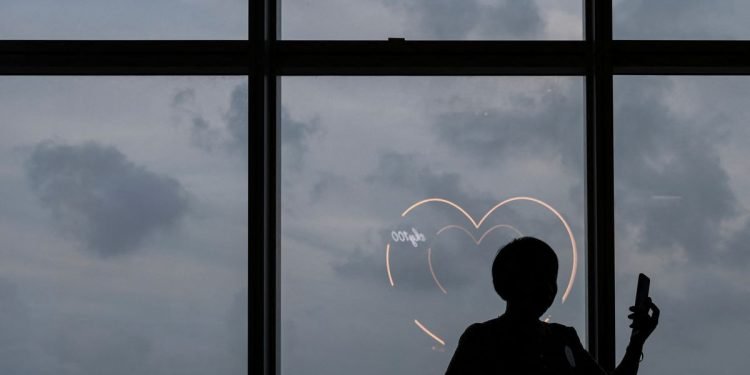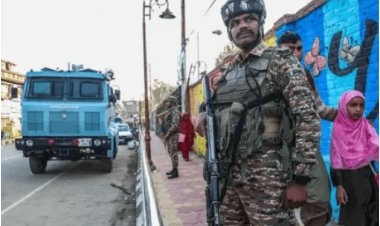Hong Kong Shines a Light on Mental Health Following a Series of Violent Attacks
Mental Health Crisis Exposed in Hong Kong Amidst Wave of Violent Attacks

Hong Kong has been rocked by a series of brutal attacks, shedding light on the dire state of mental health in a city grappling with limited resources and an overwhelming demand for adequate care. Advocacy groups are calling for urgent action to address the pressing mental health needs of the population.
While Hong Kong is known for its low incidence of violent crime, recent events have shocked the city. Two women were tragically stabbed to death in a bustling mall by an assailant with a documented history of mental illness. Shortly thereafter, a knife-wielding attacker severely injured a manager at a local McDonald's restaurant.
These incidents are not isolated cases. Earlier this month, a 29-year-old mother was arrested on suspicion of suffocating her three young daughters, and in February, four individuals were charged in connection with the killing of model Abby Choi, 28.
Our Hong Kong Foundation, a policy and advocacy group, warns that the mental health of over 7 million Hong Kong residents has deteriorated, while the public care sector struggles to provide sufficient support. Citing a World Health Organization well-being index and a 2022 study on widespread depression symptoms, the foundation emphasizes the urgent need for improved mental health services.
When questioned about the state of mental health, a city government spokesperson referred to a recent meeting organized to explore solutions and support for individuals suffering from severe mental disorders.
Experts in mental health highlight the compounding effects of the COVID-19 pandemic and the aftermath of the 2014 pro-democracy demonstrations that led to chaotic periods and violent anti-government protests in 2019. Concerns over civil liberties, soaring living costs, income inequality, and the chronic housing shortage have contributed to mounting frustrations.
Judy Blaine, a researcher and mental well-being consultant, describes the situation as a "triple whammy" that has taken a toll on Hong Kong residents, leading to emotional exhaustion. Blaine points to a sense of insecurity and fear coupled with a lack of autonomy to address these issues, causing people to become increasingly defensive.
The severe shortage of healthcare workers further complicates efforts to tackle the crisis, according to health charities. Mind Hong Kong's Deputy Group CEO, Carol Liang, reveals that non-urgent cases face waiting times of up to 90 weeks within the Hospital Authority's system. Hong Kong has a mere 7.55 psychiatrists and 8.15 clinical psychologists per 100,000 people, significantly lower than the OECD averages of 18 and 53, respectively, as reported by Liang, referring to the global policy forum of the Organization for Economic Co-operation and Development.

 chandni
chandni 



